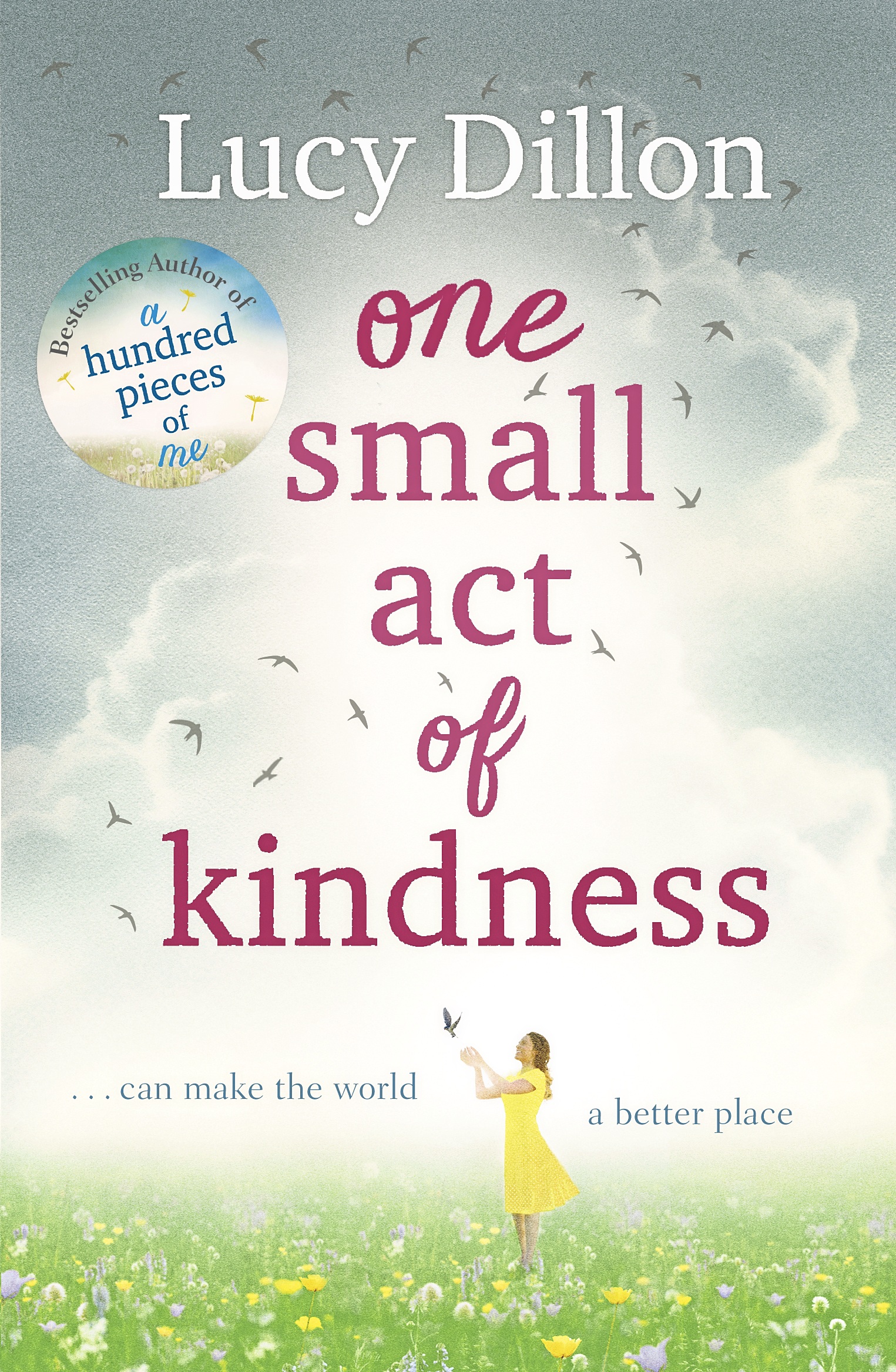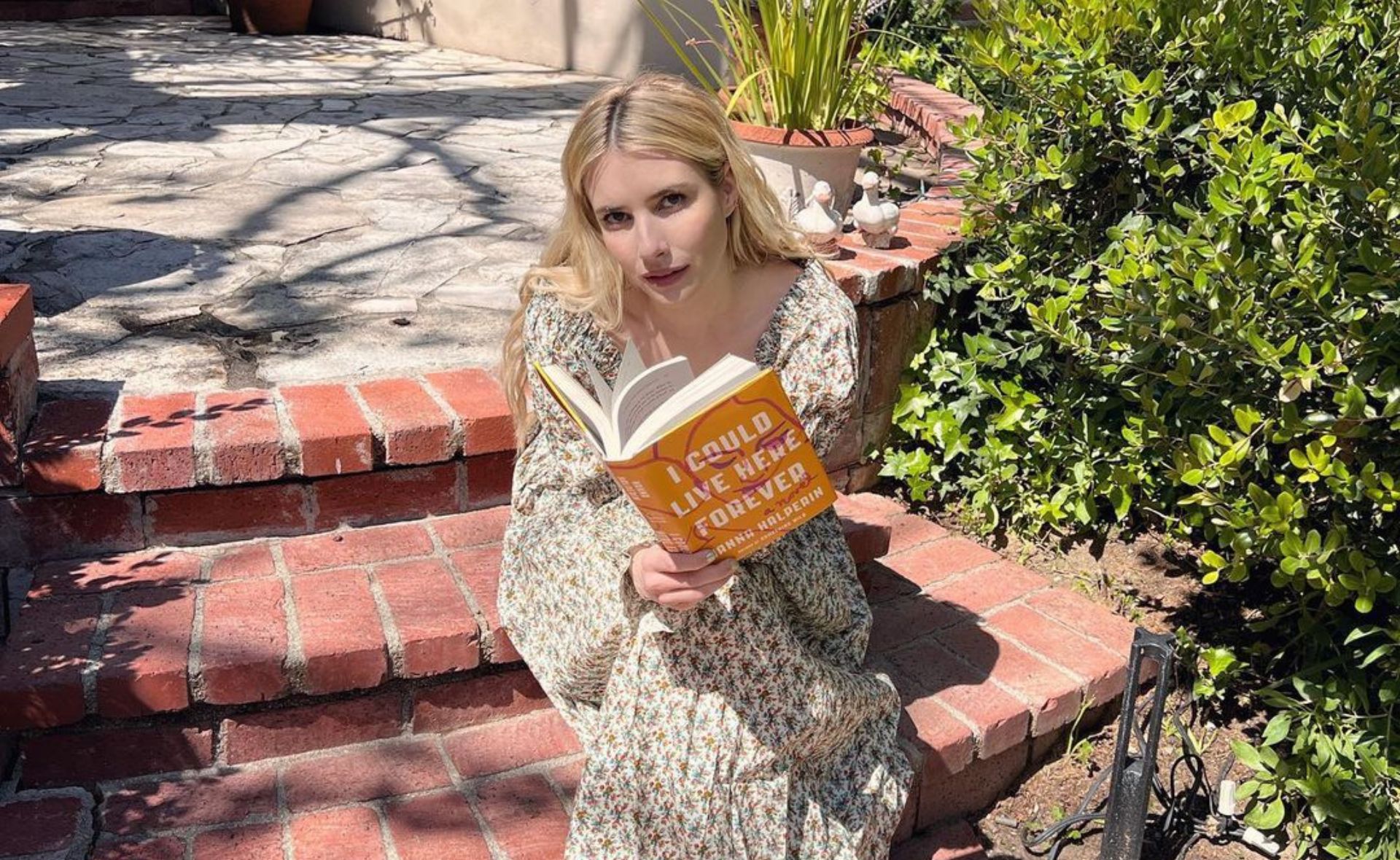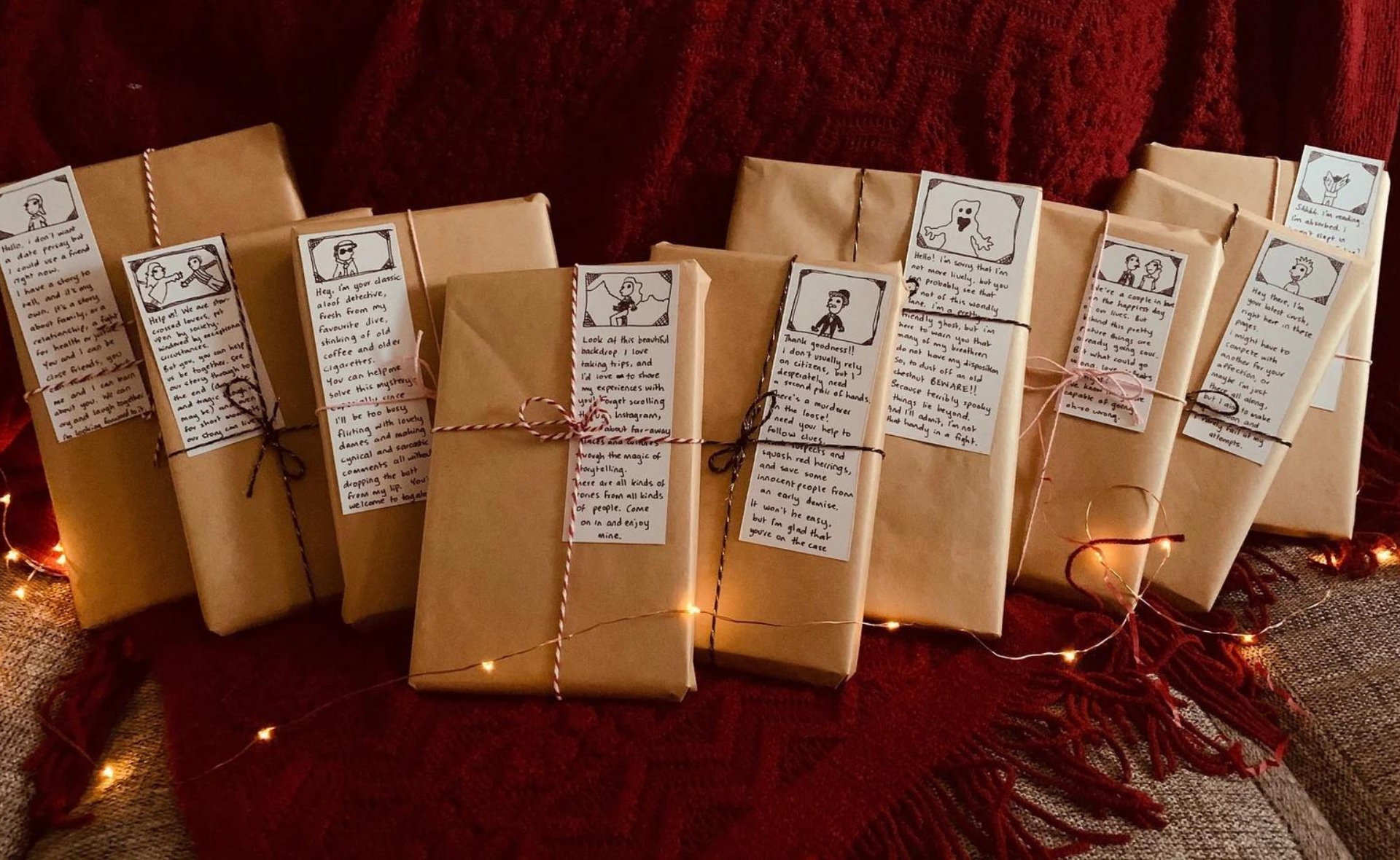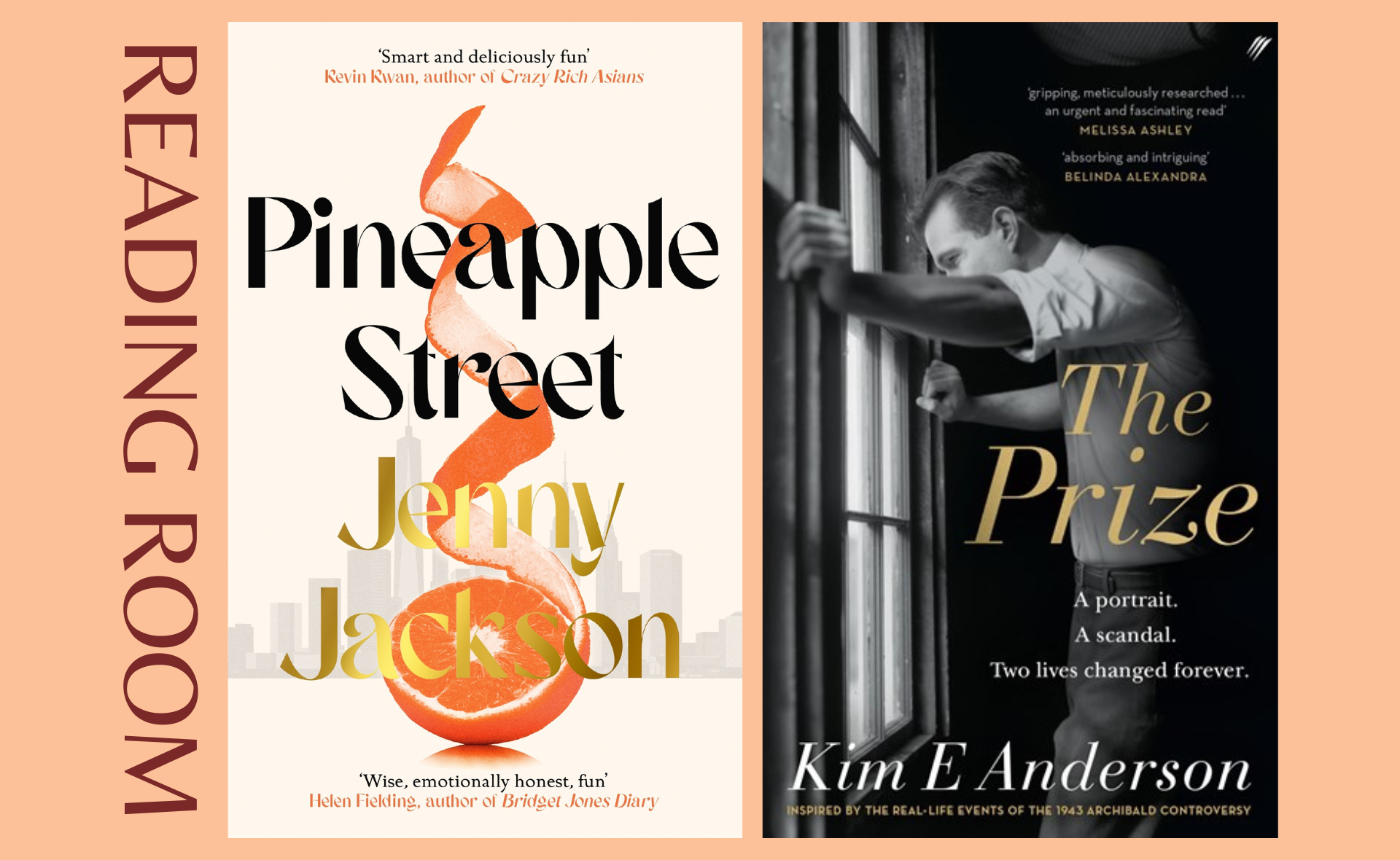Want to get lost in a love story by award winning author Nichols Sparks, or be transported back to 1950s Australia in The Dressmaker?
We have rounded up our top reads for the warmer months.
For more from The Australian Women’s Weekly’s reading room – pick up a copy of the November issue, in stores now.
Reviews: Juliet Rieden, Leila McKinnon, Hannah Richell.
Tell us what you are reading by emailing [email protected].

See Me by Nicholas Sparks, Hachette
We’ll never forget the first time we read The Notebook. The character of Noah dramatically heightened the bar for our SO. In See Me, Sparks has again ignited a page-turning love story. Set in North Carolina, Maria, a hard-working lawyer from an immigrant family strikes up an unlikely romance with Colin, a 28-year-old who is trying to make amends for his violent past. It’s the classic star-crossed-lovers tale, but a thrilling twist emerges when Maria starts receiving threats and the pair work together to solve the who dunnit. Sure there’s a couple of moments of doubt around their choices – like, how does such a smart girl keep falling for rough guys? But then, we’ve had those thoughts about ourselves at times.

Dark Places by Gillian Flynn, Weidenfeld & Nicolson.
Three years before she took readers by storm with Gone Girl, Gillian Flynn created Dark Places. It’s the gruesome story of Libby Day, who was seven when her dirt poor family was murdered, presumably by her teenage brother. Years later, the donations she has lived on, and supplemented with petty theft, have run out. The easiest way to keep cashing in on her horrific history is by helping a club of amateur investigators re-examine the case. It’s all
there for Gillian Flynn fans – a child star heroine who’s become borderline unlikeable, a media hungry for murder, and plot shocks that just keep coming. It’s going to be hard to match the incredible success of Gone Girl but if you resist the urge to compare it too closely, Dark Places stands on its own.

The Dressmaker by Rosalie Ham, Duggy & Snellgrove.
It’s the 1950s and Dungatar is a tiny town full of small minds. Cast out as a child, Tilly Dunnage is back and is now a Paris trained dressmaker with a vengeful plan. But she keeps her true intentions to herself as she turns the town’s matrons into some of the best dressed women in the world. The Dressmaker is an Australian satirical gothic romantic tragedy, and I’m pretty sure that makes it a true original. First published in 2000, it’s been reissued to coincide with the release of the movie, which stars Kate Winslet and Liam Hemsworth. The film has a lot to live up to. Somehow Rosalie Ham has crafted a farce that is genuinely moving, an unlikely but thoroughly charming apocalyptic revenge fantasy peppered with delectable descriptions of couture designs.

The Heart Goes Last, by Margaret Atwood, Bloomsbury.
There’s a certain kind of thrill that comes with holding the new Margaret Atwood in your hands. Queen of the dystopian tale, her latest novel explores a plausible near-future set in a world post-economic collapse. Charmaine and Stan are living out of their car, surviving on tips and evading violent gangs, when they see an advert for the Positron Project, a social experiment offering jobs and a comfortable home in return for spending every second month in prison, carrying out work for the Project. At first it seems like a manageable trade, but as their personal liberties are eroded and the work they are required to do becomes increasingly dubious, they begin to wonder what price they might have paid for their new life. Unlike other Atwood novels, it has at its heart a darkly comic undertone as events spiral into the bizarre and ever more unpredictable.

The Marriage of Opposites, by Alice Hoffman, Simon & Schuster.
Extraordinary storyteller Hoffman (The Museum of Extraordinary Things) rocks and floats the boat like no other when it comes to the popular literary genre of historically based macabre customs, such as exhibiting of human freaks, and the quiet movement of other-world mystics among us. In this factually based story of the birth of painter Camille Pissarro on a Caribbean island, she paints a canvas that is rich with 19th century religious superstition and persecution. Rachel Pomié longs to live in Paris, the maps of which she traces in her merchant father’s study. The Jewish family fled to St Thomas, where her vindictive mother Sara still mourns a lost son. “Sisters” Rachel and Jestine (dark-skinned daughter of cook Adelle) “dress in each other’s clothes … dream each other’s dreams.” At 14 Rachel is married to 44-year-old widower Isaac, but by her 30th birthday she has been bereaved three times. But Adelle portends that Rachel will find love and marry again. And when 22-year-old Abraham Gabriel Frederic Pizzarro disembarks at St Thomas, “something had come to her from Paris at last”.

The Natural Way of Things, by Charlotte Wood, Allen & Unwin.
Charlotte Wood’s astonishing new novel opens with a chilling scene: two women wake from a drugged sleep to find themselves imprisoned in the desert. They have no idea why they have been taken, who their captors are or what their intention might be. Soon there are joined by eight other women, and when heads have been shaved and strange uniforms donned, they are chained together and forced by guards to toil under a hot Australian sun. As the days pass, the women learn about each other and what binds them to their suffering, as well as share their hopes for rescue. Only rescue doesn’t come, and when food begins to run low, it becomes apparent that the only rescue will be the one they can forge themselves. The Natural Way of Things is a rattling good read and a stinging indictment of contemporary misogyny.

One Small Act of Kindness, by Lucy Dillon, Hachette.
Lucy Dillon won the Romantic Novelists’ Association novel of the year award in 2010 for Lost Dogs and Lonely Hearts, and at 40 has notched up four other novels, with this possibly the best yet. Set in Wales, Dillon weaves the wistful tale of the “wall-to-wall Thistlemania” 1980s Swan Hotel, under family refurbishment. The owner’s son, and daughter-in-law Libby, have relocated from London with dove grey mood boards and, shock horror, croissants at breakfast. When a woman is struck down in an accident outside the hotel and loses her memory, Libby does not hesitate in moving her in. Their mutual journey of discovery shall transform the more than faded B&B into a boutique hotel. As the anonymous woman tries to Google, Facebook and LinkedIn whom she may be, she finds a clue at an old flat. “I can’t have been running away if I hadn’t taken my makeup bag, she reasoned. A solid brick of logic to build on.” Delish.

Where my heart used to beat, by Sebastian Faulks, Hutchinson.
Robert Hendricks is a psychiatrist who may or may not be a little mad. He could be a cool-headed war hero, or he could be a shell-shock victim. He’s definitely a lonely, lost man, a victim of the brutal first five decades of the 20th century. A strange old doctor gets in touch and invites Hendricks to visit him on an obscure French island, hinting at revelations about his father, who died in World War I. But first Hendricks must finally confront his unexamined past, and explore the truth of his own memories. It’s classic Faulks and it says a lot about the damage done to two generations not that long ago, but it does suffer a little
from being strongly centred around one not particularly appealing man.

.png)


